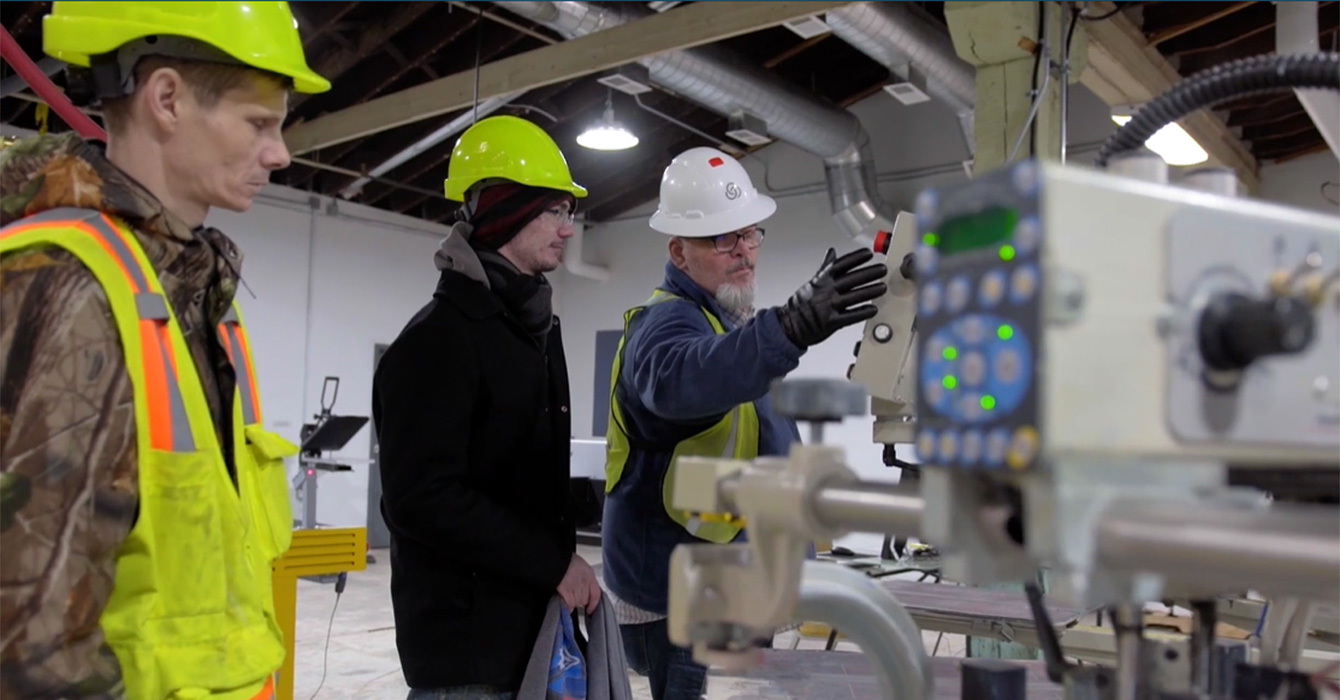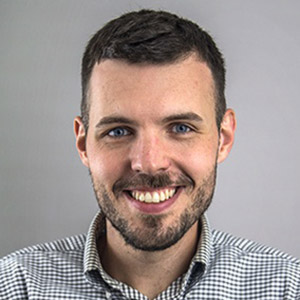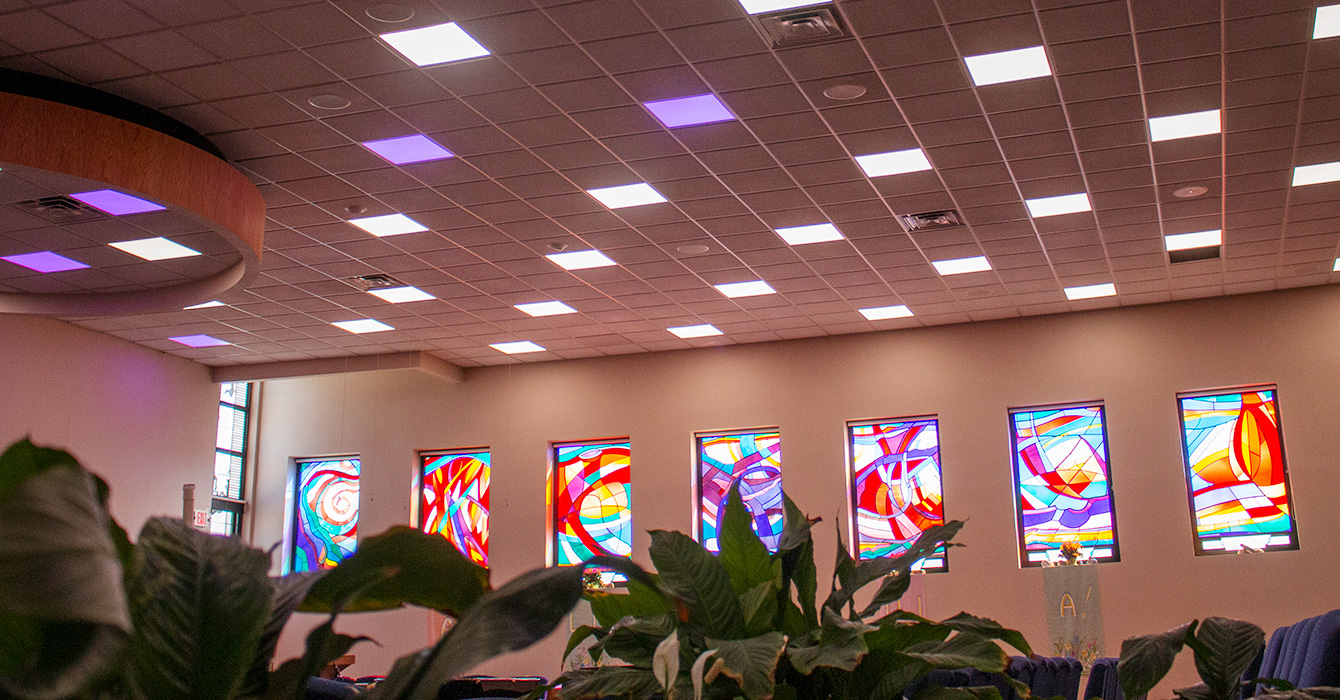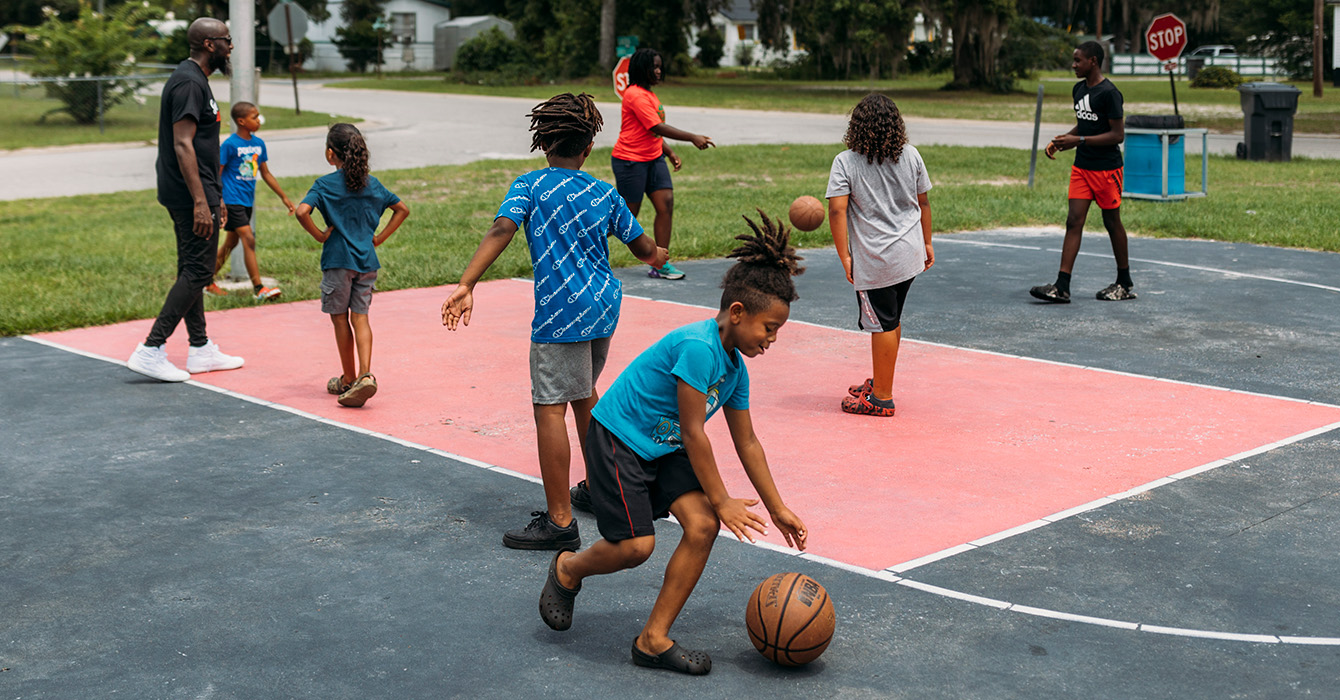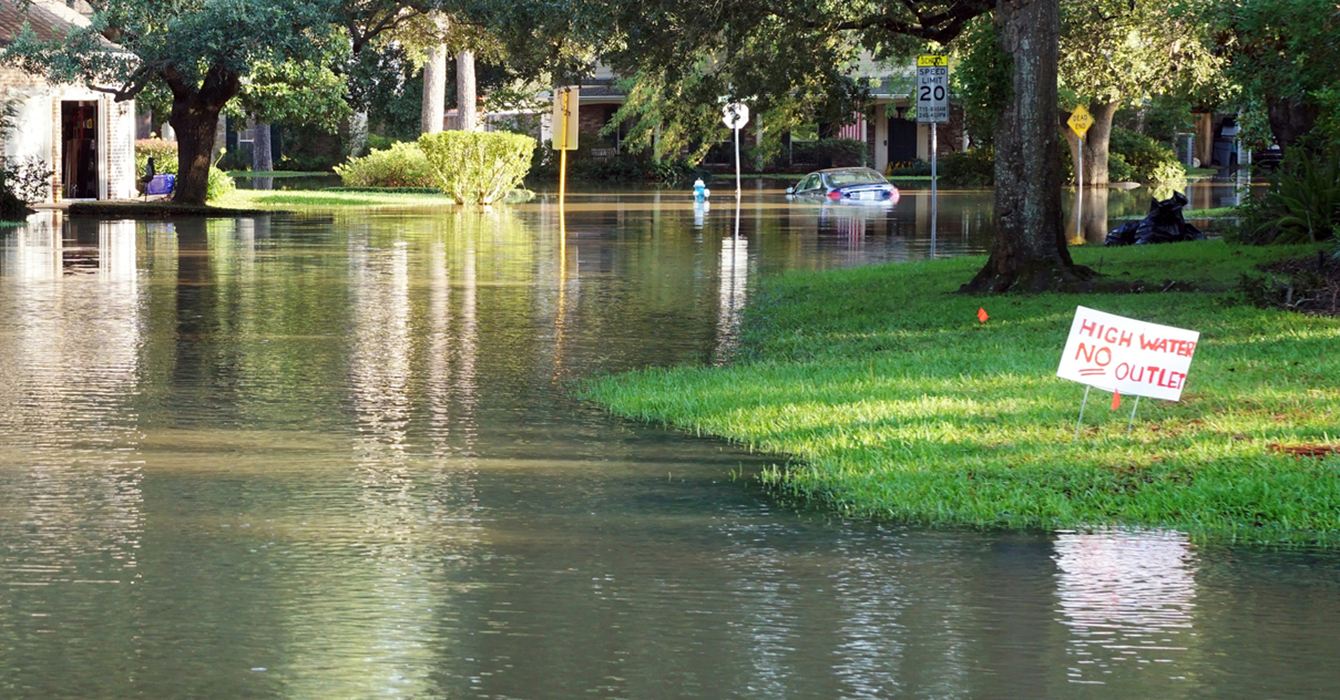Fresh out of graduate school, Brandon Dennison didn’t realize he was setting out to create Coalfield Development. He knew that people in his beloved home state of West Virginia were suffering. He saw the burgeoning threat of climate change. He recognized that a traditional nonprofit model might not be the best path forward. But he’d discovered a new model — social entrepreneurship — that could be.
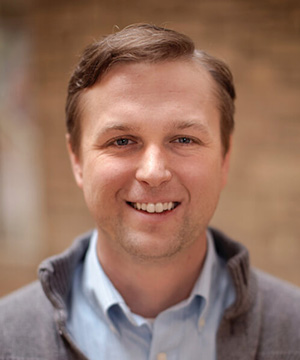
Dennison, a former church youth director, also believed that his work could respond to a higher call that would reflect treating everyone with dignity.
In Coalfield Development’s earliest days, Dennison, his high school best friend and co-founder of the project, Chase Thomas, and three crew members stripped homes slated for demolition by the local government of any materials that could be resold and repurposed rather than left to clog local landfills.
What the organization has become over the last 11 years is a multipart enterprise focused on rebuilding Appalachia. An initiative led by Coalfield was recently awarded a $62.8 million grant from Build Back Better Regional Challenge funding.

Prior to the grant’s announcement, Dennison spoke with Faith & Leadership contributor Zack Harold about the origins and work of Coalfield Development. The following is an edited transcript.
Zack Harold: Where did the concept for Coalfield Development come from?
Brandon Dennison: I was born and raised in West Virginia and have a deep, deep love for this place, connection to this place. When I was in college, I was a youth director at a Presbyterian church, and we would do these mission trips to different areas. When I would travel on a mission trip, I would feel really inspired by the people I met. I feel like I was learning more from them than I was actually doing to be of much help.
I just had this nagging feeling that where I really belonged was in my own backyard, where there’s lots of pain and suffering to be dealt with as well. That’s a place that I understood more and that I could be committed to for the long haul.
The very last mission trip that I led was down to Mingo County. We were doing home repair, traditional type stuff. While we were working, these two young guys approached us. They had tool belts slung over their shoulders, and they asked us if we had work available. I said no, we were volunteers, and they went on their way.
That moment really bothered me, because I felt like it summed up a lot of our problem in southern West Virginia. Our economy has gotten so bad that we literally have people wandering around looking for something to be a part of. There’s nowhere for that gumption to really be applied. The question for me from then on was, What can I do about that?
I went to graduate school to start a nonprofit; that was my big idea. I wanted to help my home place. That’s not much of a specific business plan. While I was studying nonprofit management, the business school was next door, and they put up flyers for this brand-new program called social entrepreneurship. I’d never heard that term in my life, but it really caught my attention — something new, something different.
The more I learned, I felt it really was something that maybe could be effective in some ways that a purely governmental or a purely charitable or a purely market-based approach is unable to be.
ZH: Had you thought about other avenues of helping?
BD: Definitely. It took me a while to figure out. I considered ministry. I do consider my work a calling, very much so. We’re not a religious organization, but for me personally, that was a major motivator, and remains today. I can’t imagine trying to be a part of any sort of significant change effort without a prayer life. I really have to lean on that pretty heavily.
I thought about being a teacher. My parents were in higher education, God bless them. That’s a key piece of the puzzle for anything good to happen in our future.
And from a pretty young age, I really liked politics. There were a few years there where I was just nerdy enough and just full of myself enough to say out loud that my goal is to be the governor one day: “I’m going to be the governor of West Virginia.”
But the more I learned about nonprofits and social change and social change movements and social entrepreneurship, I realized that most of the transformational change makers are not the politicians. It’s the people on the ground and the communities who are pushing the politicians to do the right thing on behalf of the people. I got less excited about politics and more excited about being a social entrepreneur.
ZH: Coalfield started out pretty bare-bones, as I understand it.
BD: It started out very bare-bones. I went to graduate school out at Indiana University to study nonprofit management and then, sort of unexpectedly, social entrepreneurship. I got an internship with the Housing Authority of Wayne County, which is on the Kentucky border. It was a very small, rural housing authority, and it was not getting much traction.
My project was to create a nonprofit arm of the housing authority to try to be a little more creative and create a little more positive impact for the community. That is what would become Coalfield Development; that was summer of 2010.
That summer was remarkable, because I spent most of it just truly listening. I would go to every meeting I could. I would ride one-on-one in people’s trucks, down creek beds, just really trying to understand what is happening in southern West Virginia. I grew up middle-class. I was not that far removed from a lot of poverty, but it was not my full lived experience, so I wanted a deeper understanding.
Slowly but surely, over the course of the summer, what I was hearing was that housing’s a concern, yes, but I was hearing a cry-out from parents who were realizing that there’s really no reason for their kids to stay here. Once their kids hit 18, economically there was just not a viable path for them to be able to stay here. There was a heartbrokenness about that.
I was also seeing the opioid [epidemic] start to take hold. It was ramping up at that point, but also just a heartsickness about this drug issue that was invading our hills and hollers.
I slowly developed what was called the Green Collar Jobs Initiative. The idea was we’d hire local people to build affordable housing but introduce new green technology and tear down old housing. West Virginia was one of the few states with a population decline. That leaves a lot of vacant and abandoned structures. Usually, if a town gets a little bit of money to tear those down, they just knock them over with a bulldozer. It all goes in a landfill.
My idea was our local crews could take it apart piece by piece to reuse, resell, recycle materials. That was my social enterprise idea.
Right before I went back to Indiana to finish up my second year, I was having dinner with my best friend from high school, and I wasn’t even pitching it; I was just sharing this vague seed of an idea. This was Chase Thomas, and he was like, “I want to help you do that.” He was dead serious. He meant it.
The beauty there is I had some business and management and finance skills. He’s an engineer with building and technical and hands-on skills that I just don’t have. We made a great team. After I finished graduate school, I did the old millennial thing — I moved back in with Mom and Dad.
Our budget was $0, and we went all-in on the idea. Chase had a full-time job. He didn’t quit his job right away, but we would have regular planning meetings. It took 18 months to really raise any money. There was a very discouraging startup phase, where I was living at home, doing volunteer work. I was mowing lawns on the side, doing some consulting stuff on the side, just to try to contribute a little bit, pay my gas bills.
Finally in 2012, we raised a little bit of money, actually half loan, half grant, which is classic for social enterprises. Chase became crew chief, hired our first crew of three young guys. One had just been laid off from the coal industry, one had just gotten out of the juvenile system, and one had just gotten out of the foster care system. All three of them had kids or a kid on the way. That was our first crew. We started on some of the deconstruction projects.
The first fundraiser that actually started to get some money in the door was back in Shepherdstown with my church, with people who had been on that mission trip with me. That was sort of a cool full circle.
I just pitched the vision. By that time, I had dropped [the name] Green Collar Jobs Initiative. I love Wayne County very much, but politically, it was not ready for something called Green Collar Jobs Initiative. So we changed it. I think we called it the 21st-Century Jobs Initiative. These people loved me and believed in me so much that we raised $12,000 in one day. That was a huge jolt of confidence, given the previous barren 18 months of nothing.
These are houses that the county commission was going to tear down because they were vacant or they were in a flood zone. They let us go in and basically gut the houses to take out what was of any value before they did the full demolition process.
By early 2013, we started our first big construction project. We did eventually get into the green construction field. That’s actually our biggest enterprise to this day.
I do consider my work a calling, very much so. We’re not a religious organization, but for me personally, that was a major motivator, and remains today.
ZH: At what point did you start branching off and creating this?
BD: We cultivated this workforce development model called our 33-6-3 model. That’s how we organize the workweek. We purposely hire people who face barriers to employment. More than half our people are in recovery from substance use disorder. We hire people who have been laid off from the coal industry, people who wanted to get into the coal industry but never even got in, people who’d been out of the labor force and wanted to get back into it.
The main hook is it’s a real paid job. So 33 hours of paid work. Six hours of higher education — all of our crew members are enrolled in either a local community college or an advanced vocational program. That’s really important to build a modern workforce in West Virginia. We’ve got to have more advanced training and higher education.
And three hours a week of personal development. We’re carving out three hours every week to work on those human barriers that I’m talking about: our mental well-being, physical and emotional well-being, our finances, dealing with trauma, dealing with stress, and learning and growing as human beings.
This 33-6-3 model took off. We started clarifying that and growing that, right as the bottom of the coal industry was falling out. In 2015, there’s this perfect storm, where the price of natural gas goes way low, renewables are expanding dramatically and regulation’s getting tighter than it’s ever been. The coal industry just started shedding jobs, bleeding jobs, and we’re seeing unemployment like what we saw in the Great Depression throughout the southern West Virginia coal fields.
I think we offered a solution to that, not a silver bullet. We were a job-creating, community-minded solution to this economic turmoil that the region was experiencing. Because of that, we’ve got a responsibility to help build the new Appalachian economy in the wake of the coal industry’s collapse.
In 2014, we’d helped start the first solar company in southern West Virginia. [Then] sustainable agriculture, furniture making and wood products. And in 2017, we got into the light manufacturing and apparel businesses, using recycled, reclaimed content.
All of our businesses, what ties them together — they all use 33-6-3. And they all have a triple bottom line: people, planet, profit, in that order. It’s all about impact. They do need to be financially sustainable, but they need to contribute to environmental sustainability, not take away from it. Most importantly, they need to contribute to the well-being of people and not [profit] on the backs of people.
It’s also about modeling what the new economy can and should look like. Part of our theory of change is that a lot of our problems in southern West Virginia emanate from our addiction to this one extractive industry. It’s made us very vulnerable to put all our eggs in that one basket. If the bottom of the basket falls out, we are left empty-handed as a community.
We’re really trying to show that we need to be a diversified economy, with lots of different kinds of opportunities for lots of different kinds of people. We’re going to model what that looks like.
The reality is one organization is never going to be able to create a job for everybody out there who needs a good job. The hope is we can pilot and model the new economy. From there, the private sector takes it and runs with it.
Solar is an example. Solar started as a social enterprise. Now it’s totally for-profit, no grants or donations needed. It’s union jobs. And there are other competitors, too, which is a good thing.
...they need to contribute to the well-being of people and not [profit] on the backs of people.
ZH: You mentioned the three bottom lines, where it all has to at some point come back to being good for people and good for the planet. Is this something you were concerned about early on, before Coalfield?
BD: In the early days, like in 2010, it was a personal commitment that I had. The church I mentioned where I was youth director was very, very influential in shaping me as a person. And there was this amazing commitment to social justice, racial justice and environmental justice. I was the faith outreach coordinator for the [West Virginia Wilderness Coalition] during college as well. I helped advocate for expansion of protected wilderness in the Monongahela National Forest. Growing up, my dad would take me on backpacking trips. I had just a personal commitment to the environment.
Over time, it became more strategic. It wasn’t just, “Hey, this would be a good thing to do.” It was, “Hey, this is where the markets are going.”
That was my message to local folks who were maybe very skeptical of the green thing. It was an economic argument. If we’re going to stay relevant in a modern economy, we’re going to have to have a green strategy. We’re going to have to develop businesses that account for climate change.
In recent times, I’ve even realized, I think we have some comparative advantages in the new green economy. We’re the third-most forested state. As carbon credit trading continues to expand, which it is, as [environmental, social, governance] commitments continue to expand, which they are, there’s actually money to be made in sustainable management of our forested landscape.
Former mined lands can become remarkable solar power fields, because we have the power line infrastructure to actually export energy. Not a lot of states are set up to export energy; we are. We’re just going to change the kind of energy we’re exporting from coal to renewables. Our workforce, a lot of the skills it took to blow up the mountains — ironically, it takes the same skills to put them back together. So that’s what we do.
ZH: You mentioned earlier that you see all of this work as a calling, the ways that your faith informs the work that you do and sustains you. This is missionary work, while avoiding some of the insensitivity and pitfalls of missionary work. It seems as though that’s intentional on your part.
BD: I think it very much is intentional. It comes from direct observation. A lot of times when I was doing mission work, it just felt like Band-Aids. What I learned in that amazing church was the difference between charity and justice. If you really read the Bible, and especially a lot of the ancient prophets, what it calls for is justice. Not just that we help put a Band-Aid on this but that we build a more just community, the way that I read it.
It also speaks to all of us being image bearers. Just because somebody was lucky enough — and a lot of it, in the end, really is luck — to grow up in a place or with a way or at a certain time to get to be a middle-class person, doesn’t mean that they’re any more valuable, talented or special than someone who’s experiencing poverty.
A defining scripture for me is Micah 6:8 [NRSV]: “And what does the Lord require of you but to do justice, and to love kindness, and to walk humbly with your God?” I mentioned justice. Kindness sort of speaks for itself. We should be kind people. I never knew that would be so controversial as it is today.
A lot of mission work at its best is a humble learning journey, where everyone’s learning together and we’re all better off because of what happened from it. Mission work at its worst strips a person of their dignity and their agency and their sense of being an image bearer.
I’ve always wanted Coalfield to never give in to anything that would strip a person of their agency or their dignity. Our crew members are in the lead, and they’re the ones to be the most celebrated for the work that they’re doing in their community. We get to bear witness to that and be a part of that.
What I learned in that amazing church was the difference between charity and justice.

